Immunotherapy
A type of cancer treatment that boosts the body’s natural defenses to fight cancer.
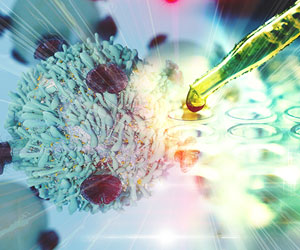
WHAT IS IMMUNOTHERAPY?
Cancer cells are always looking for an opportunity to thrive and are successful only when the immune system is caught off-guard. The immune system is an individual’s defense system that comprises of many biological components to fight-off infections and abnormal cells. Immunotherapy upgrades the immune system’s capability to fight cancer at a much larger scale than what an individual can naturally achieve.
Immunotherapy is a type of biological therapy that improves and restores the patient’s immune system functions. There are three main types of therapies, which include antibodies (synthetic proteins or biologicals), cell-based therapies such as natural killer cells, and unspecific stimulation which can be botanical or natural proteins such as GcMAF. For example, oncologists extract the patient’s own immune cells so as to train them optimizing their ability to mark and kill cancer cells. Once the immune cells are modified to be the best versions of themselves, they are then infused back into the patient’s body. This is referred to as cellular immunotherapy.
This type of therapy may be used to slow down the growth of cancer cells, stop cancer cells from spreading to other parts of the body, help the immune system destroy cancer cells and prevent recurrence. The latter is an important step for all cancer patients as prevention of recurrence is crucial in fighting cancer in the long term.
IMMUNOTHERAPY AT ESPERANCE
Other facilities may limit their practice to a few immunotherapy techniques however, Esperance has progressively expanded the number of immunotherapies techniques offered so as to provide superior care.
Monoclonal antibodies
Monoclonal antibodies, or therapeutic antibodies, are immune proteins designed to attach themselves to cancer cells and mark them for the immune system to destroy. There are also a types of monoclonal antibodies that attach to cancer cells and stops them from growing or causes them to self-destruct. Monoclonal antibodies may also enhance the immune system’s cancer cell detection, unblock the immune system and reverse immune system suppression caused by the cancer cells.
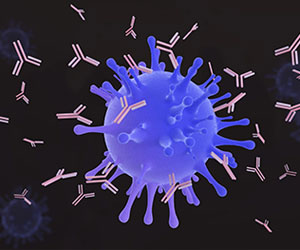
Checkpoint inhibitors
Checkpoint inhibitors are a subgroup of monoclonal antibodies mentioned above. They release a natural brake on your immune system, allowing immune cells called cytotoxic cells — a specific white blood cell and component of the immune system — to interfere with the cancer cells ability to escape from the immune system’s attack.
Oncolytic virus therapy
Oncolytic viruses are used to enter and kill cancer cells without harming healthy cells or surrounding tissue. The oncolytic virus enters or 'infects' cancer cells. Once inside the virus replicates to a point where the cancer cells can no longer survive and are thereby destroyed.
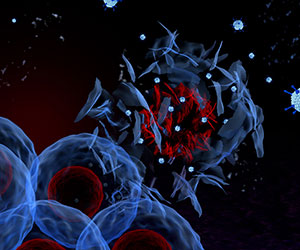
Natural killer cells
Natural killer cells are extracted from the patient’s body to be trained and replicated to increase the numbers. One can think of natural killer cells as cancer fighters as they attack cancer cells directly and strengthen the patient’s immune system. Natural killer cells and T-cell therapy are often used together with checkpoint inhibitors.
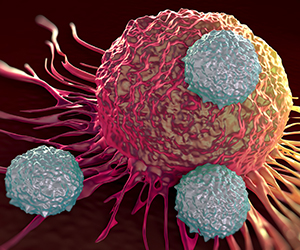
Dendritic cells
Dendritic cells are specialized immune cells that promote an immune response (cancer fighting) against cancer cells. In other words, dendritic cells are capable of boosting T-cells (a component of the immune system) responses. The immune system sometimes doesn’t recognise the cancer cells fight them proactively. Dendritic cells support a patient’s innate immunity by training the patient’s immune system to actively fight against specific types of cancer cells.
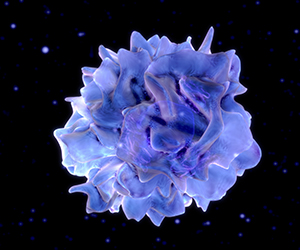
GcMAF
GcMAF stands for Globulin component Macrophage Activating Factor. It is a compound that the body makes to improve the immune system by activating macrophages (a component of the immune system). Macrophages can both kill cancer cells directly as well as signal for other cancer fighting cells of the immune system to join fighting cancer at the site
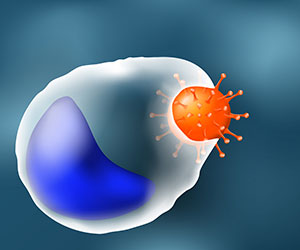
Whole-body hyperthermia
Hyperthermia is a type of cancer treatment in which body tissues are exposed to high temperatures to increase immune stimulation. The treatment raises the patient’s body temperature to 39-40 ˚C with the use of thermal chambers or hot water blankets.
Non-specific immunotherapies
At Esperance, there are also other new forms of immunotherapies such as homeopathic and botanical therapies.
HOW IS IMMUNOTHERAPY GIVEN?
Immunotherapy is administered in several ways. Intravenous (IV) is the most common method, where the immunotherapy goes directly into a vein. Oral immunotherapy treatment can come in pills or capsules for swallowing.
IMMUNE RESPONSES
Patients may have varying immune responses to the different types of immunotherapy. Common signs of immune responses, indicate that the immunotherapy is in effect. In other words, they are a good sign as the patient’s body is responding to the therapy(s). The symptoms are not severe or dangerous and they can be improved with the use of easy co-medication. For instance, the patient may experience skin reactions at the needle site, including swelling, soreness, redness, itchiness and rash. Some may experience flu-like symptoms such as fever, chills, weakness, dizziness, nausea, muscle or joint aches, fatigue, headache and low or high blood pressure. Immune responses generally depend on the type of cancer, the location of the tumor, the type of immunotherapy used and its dosage, as well as the general health of the patient.